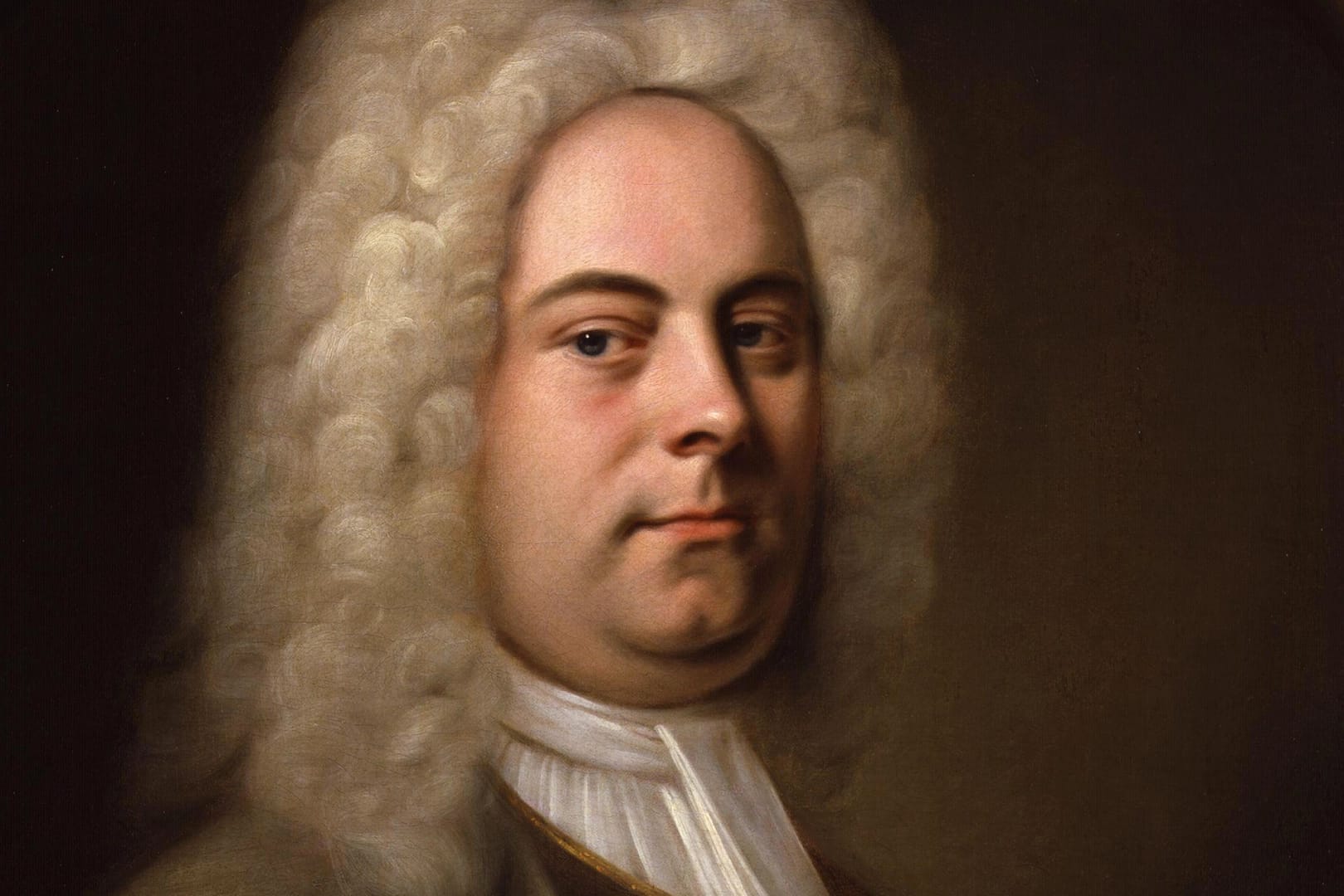
articles / Handel
The XYZ’s of Opera: Handel’s “Xerxes”

A depiction of King Xerxes I in Persepolis
Welcome to the KUSC Guide to Opera, a new series of blogs designed to help you explore the world of opera. Whether you’re newly interested, vaguely curious, or looking to expand your knowledge, this series will help break down the jargon, introduce you to some gorgeous music, and the local groups putting on incredible performances in the Southern California.
The ABC’s of opera seem easy enough to define with three heavy hitters in Aida, La bohème, and Carmen. But what operas make up the final three letters of our operatic alphabet? It wasn’t as easy – trust me. In the first of our XYZ’s of Opera I will take you behind the curtain of Handel’s Xerxes.

A portrait of George Frideric Handel by Balthasar Denner
Georg Frederic Handel spent a good amount of his career (and life) in London where he was one of the top opera composers of the early to mid-18th century. He was commissioned in 1737 by The King’s Theatre to write two operas for them. Handel was coming off a string of works that were met with a lukewarm response, but the first of his two commissions for the King’s Theatre, Faramondo, was a success. He was feeling positive going into the production for the second, Serse (or Xerxes as it was known in England).
The story centers on the titular King of Persia (which you may know from Frank Miller’s Spartan epic 300). Unlike Miller’s take on the character, Handel’s King Xerxes is lighter in tone and he opens the opera by singing a love song to a tree. To which he is promptly made fun of by several of the supporting characters. The title role, sung originally by a castrato, is sung today by a woman or a countertenor. And is best known for the aria “Ombra mai fu” – the aforementioned love song to the tree.
The opera continues with a complicated series of love stories, hidden identities, and everything wrapping up happily ever after. Sort of like any number of shows you would see on The CW or Freeform – only sung in Italian.
The original London audience for Handel’s opera was confused by its comic tone as serious opera was all the rage at this time. Xerxes mixed the elements of both genres but tended to lean more on the lighter side. Also, critics noted that the arias were all too short as compared with other operas of its time. But because there were so many in Xerxes, Handel may have made this choice to keep the opera from being overly long.
Today, Xerxes had seen a resurgence in popularity partially due to the characteristics that made it such a failure in its initial run. Its silly plot and shorter musical numbers appeal to a modern audience as it keeps the action moving. Xerxes was recently produced by the In Series company in Baltimore and Washington, DC by updating the action to a more contemporary setting and mixing it with the poetry of Rumi.
For more Handel on stage, LA Opera and The English Concert will be presenting a concert version of his opera Rodelinda in May 2020, with San Francisco Opera following in June 2020 with their full staging of Partenope.
If you enjoyed this, keep your eyes peeled for more XYZ’s of Opera coming soon on the KUSC Guide to Opera.






